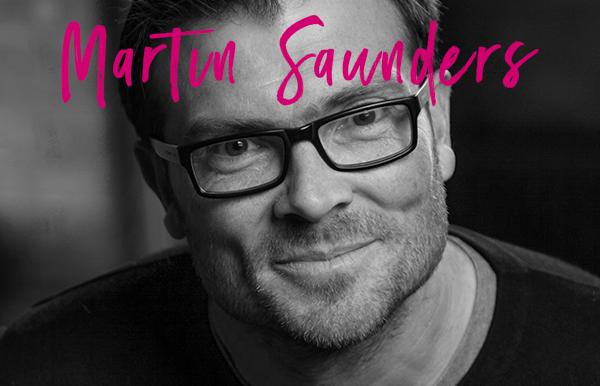Some role models are chosen, and others are forced upon us. Martin Saunders explores why character really counts when it comes to leadership.
We all need someone to look up to. I don’t think I’d be the person I am today without the help of the mentors who invested in me as teenager and young adult; actually I doubt I’d be quite the same if I hadn’t been inspired by a few writers, artists and leaders along the way too. The people who we learn from and seek to emulate - both near and far - are vital in our development as human beings.
Some role models are chosen, and others are forced upon us. The leaders in our lives will always have an influence on our view of what it means to exercise power, to lead, and perhaps even to behave. That’s true within the context of school - imagine how influential either a kind or mean-spirited teacher can be - and also within church: the way someone leads the church we grow up in (if we do) can have an enormous affect on our theology, lifestyle choices and priorities.
Character counts
On an even bigger level though, national and global leaders cast a huge shadow of influence. A decade ago, the international example of Barack Obama was teaching a generation that character matters; even if you didn’t agree with his politics, here was a man who was trying to model family values, kindness and integrity under the most intense scrutiny imaginable. Arguably he did a pretty good job of that.
Now though, we see a very different kind of leader at the top of both the US and UK government. Donald Trump's character flaws are well-documented, mainly through his own Twitter account. And in Boris Johnson, the UK now has a leader who is hardly known for the kind of behaviour or sentiment that made Obama feel so aspirational. I will steer clear of serious criticism here, but suffice to say: he has made some very dubious and unhelpful comments, and his policies so far seem to prioritise the wealthiest and least in need.
"The young people I know feel pretty unimpressed by the new brand of brash, charismatic-without-being-characterful leader. They don’t want to be led by them, and they don’t much like them, but the truth is that over time...this leadership style will impact and influence them.
"It will tell them that this is how you get and wield power."
The young people I know - including those in my own family - feel pretty unimpressed by the new brand of brash, charismatic-without-being-characterful leader. They don’t want to be led by them, and they don’t much like them, but the truth is that over time, the success of this leadership style will impact and influence them. It will tell them that this is how you get and wield power. It will subtly influence their view of what successful people look like.
A different kind of man
That’s why better role models are more vital than ever. Our young people badly need those of us in the generations above them to model good character and strong moral values. Even more than that though, I believe it’s more vital than ever that we point them towards the greatest role model of all - Jesus Christ. Putting aside his deity for a minute - Jesus also happened to be the wisest and most-characterful man who ever lived. He is the blueprint for leadership, for how to use power, and for how to treat others. And while he’s role model for everyone, there are some ways in which boys and men especially can look to emulate him counter-culturally. The way he did friendship, or handled his emotions, or treated women: these apply across the sexes, but for men, acting like Jesus acted means subverting (unhelpful) gender conventions. The world tells men to get ahead by acting like Trump; the Bible gives them Jesus as a very very different role model.
This is part of why I wrote The Man You’re Made To Be - a new book for young men which is available now on the Youthscape Store. The book explores some of the unhelpful gender stereotypes and ideas on which some of our modern ideas of leadership are built, and seeks to point to a better example: Jesus. I hope it will help men - from teenagers upward - to access the greatest role model of all at a time when his example seems more desperately needed than ever.
It seems we find ourselves in a time when great role models are in short supply; you only need to look at the very top of our societies for proof. As Christians we’ve got an incredible antidote: let’s make sure young people get to hear about him.
Header photo by Andrew Parsons/ i-Images via Flickr








